Anger is a natural emotion; we all experience it from time to time. However, when anger becomes overwhelming or uncontrollable, it can lead to significant problems in relationships, work, and overall well-being. Managing anger effectively is crucial for maintaining mental and emotional health. Here are ten practical tips to help you manage your anger more effectively.
1. Recognize the Signs of Anger
The first step in managing anger is to recognize when you’re becoming angry. Pay attention to physical cues such as an increased heart rate, clenching fists, or a flushed face. Identifying these signs early can help you take steps to calm down before your anger escalates.
2. Practice Deep Breathing
Deep breathing exercises are an effective way to calm your mind and body. Try inhaling deeply for a count of four, holding your breath for a count of four, and then exhaling slowly for a count of four. Repeat this several times until you feel more relaxed.
3. Take a Time-Out
When you feel your anger building, take a break from the situation causing it. Step away for a few minutes to regain your composure. Use this time to practice deep breathing, take a walk, or engage in another calming activity.
4. Use “I” Statements
When discussing your feelings, use “I” statements to express your concerns without placing blame on others. For example, say “I feel frustrated when…” instead of “You always make me angry…” This can help prevent the conversation from becoming confrontational.
5. Exercise Regularly
Physical activity is a great way to reduce stress and manage anger. Exercise releases endorphins, which can improve your mood and help you feel more relaxed. Aim for at least 30 minutes of moderate exercise most days of the week.
6. Practice Mindfulness and Meditation
Mindfulness and meditation practices can help you stay present and focused, reducing the likelihood of anger taking control. Spend a few minutes each day meditating or practicing mindfulness techniques to improve your emotional regulation.
7. Identify Triggers
Understanding what triggers your anger can help you develop strategies to manage it. Keep a journal to track situations that make you angry and look for patterns. Once you know your triggers, you can work on avoiding or coping with them more effectively.
8. Develop Problem-Solving Skills
Sometimes anger arises from feeling out of control or unable to solve a problem. Focus on improving your problem-solving skills by breaking down challenges into smaller, manageable tasks. This can help you feel more in control and reduce feelings of frustration and anger.
9. Seek Support
Talking to a trusted friend, family member, or therapist can provide valuable support and perspective. They can offer advice, help you see things from a different viewpoint, and provide a listening ear when you need to vent.
10. Practice Relaxation Techniques
Incorporate relaxation techniques such as progressive muscle relaxation, visualization, or yoga into your daily routine. These activities can help reduce overall stress levels, making it easier to manage anger when it arises.
Get Help For Anger Management in Atlanta Today
Managing anger effectively is essential for maintaining healthy relationships and overall well-being. By recognizing the signs of anger, practicing relaxation techniques, and seeking support, you can take control of your emotions and respond to situations more calmly and constructively.
Remember, managing anger is a skill that takes practice and patience. Implementing these tips into your daily routine can significantly improve your ability to handle anger in a healthy and productive way.



